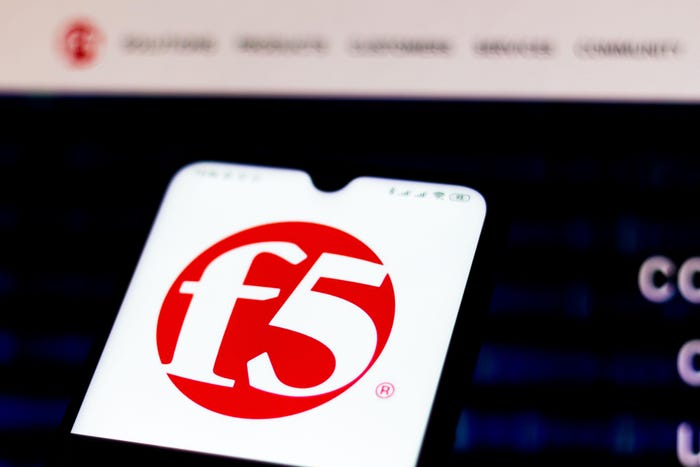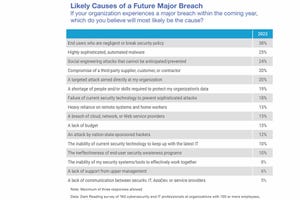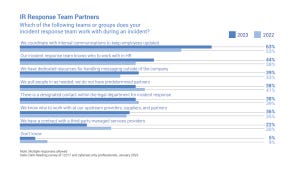Mideast & Africa News

2 (or 5) Bugs in F5 Asset Manager Allow Full Takeover, Hidden Accounts
2 (or 5) Bugs in F5 Asset Manager Allow Full Takeover, Hidden Accounts
F5 customers should patch immediately, though even that won't protect them from every problem with their networked devices.
Latest Commentary
Sr. Director of Government and Education Affairs, SHI
Application Security Evangelist, Mend.io
Global Director, Cybersecurity Architecture and Engineering, Estee Lauder Companies
Deep Reading
See More Dark Reading ResearchOver 60 companies have signed CIAS's Secure by Design pledge to consider security from the design phase and throughout the product life cycle.
The four goals of the US International Cyberspace and Digital Policy Strategy are to advance economic prosperity; enhance security and combat cybercrime; promote human rights, democracy, and the rule of law; and address other transnational challenges.
Feeling creative? Submit your caption and our panel of experts will reward the winner with a $25 Amazon gift card.
Cybersecurity Features In-Depth: On security strategy, latest trends, and people to know. Brought to you by Mandiant.
Security Technology: Featuring news, news analysis, and commentary on the latest technology trends.
The new company will focus on cybersecurity services as a top 10 managed security service provider, but must expand outside the low-margin management of security into detection and response.
Microsoft is previewing new AI and machine learning capabilities in Defender XDR that will help detect and block malicious OAuth applications.
The startup's new identity and access management platform uncovers poorly monitored service accounts and secures them from abuse.
Iran follows in Russia's disinformation footsteps but with a different, more economical, and potentially higher-impact model.
Australian businesses and individuals now face government fines and consequences for paying ransoms or interacting with assets owned by LockBitSupp, aka Dmitry Yuryevich Khoroshev.
The growing amount of surveillance technology being deployed in the country is concerning due to Indonesia's increasing blows to citizens' civil rights.
Breaking cybersecurity news, news analysis, commentary, and other content from around the world.
Partner Perspectives
More Partner PerspectivesPress Releases
See allShining a light in the dark: observability and security, a SANS profile
2023 Global Threat Report
EMA: AI at your fingertips: How Elastic AI Assistant simplifies cybersecurity
The Cloud Threat Landscape: Security learnings from analyzing 500+ cloud environments
Application Security's New Mandate in a DevOps World
Black Hat USA - August 3-8 - Learn More
August 3, 2024Cybersecurity's Hottest New Technologies: What You Need To Know
March 21, 2024
Is AI Identifying Threats to Your Network?
May 14, 2024Where and Why Threat Intelligence Makes Sense for Your Enterprise Security Strategy
May 15, 2024Safeguarding Political Campaigns: Defending Against Mass Phishing Attacks
May 16, 2024Why Effective Asset Management is Critical to Enterprise Cybersecurity
May 21, 2024Finding Your Way on the Path to Zero Trust
May 22, 2024







.jpg?width=100&auto=webp&quality=80&disable=upscale)

























